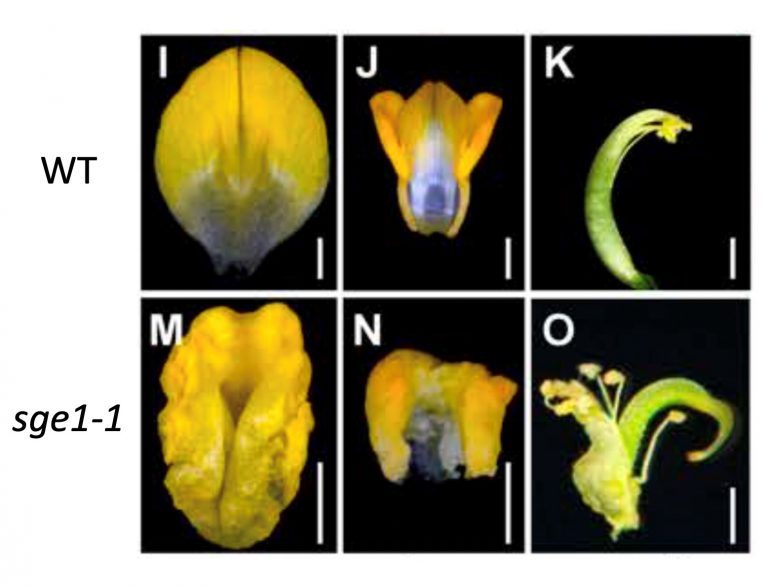
Floral architecture influences pollination and reproduction: open flowers facilitate cross-pollination, while closed flowers limit outcross.

Floral architecture influences pollination and reproduction: open flowers facilitate cross-pollination, while closed flowers limit outcross.
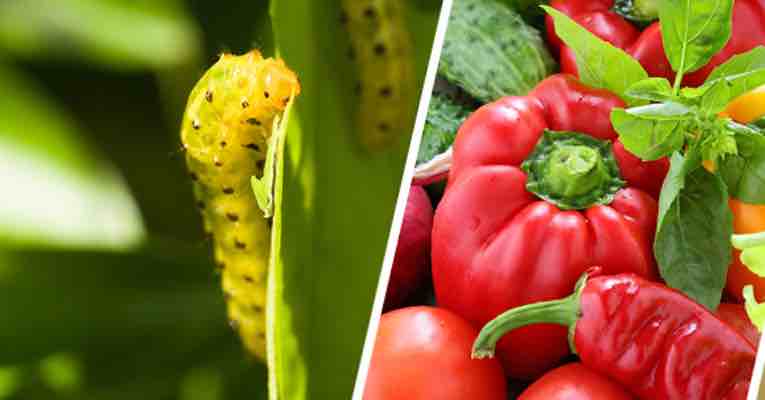
This autumn, as COVID-19 brings a sharp focus on the resilience of our food system and a need for distance learning options, the Lancaster Environment Centre is opening all three of its online Food Security courses to full-time as well as part-time students. This provides an opportunity to join well-established online courses that have already graduated more than 30 part-time students.

‘Science is not finished until it’s communicated’ – These words reflect a long-held commitment to the dissemination of scientific research and findings to the public.
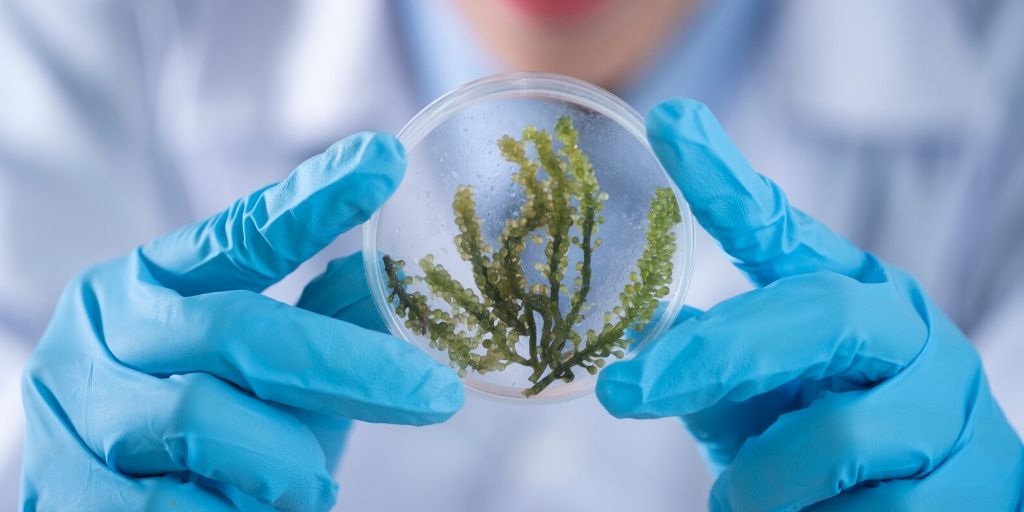
Great news for today! The Global Plant Council and Plants, People, Planet are delighted to announce the two winners of our #PlantSciVid competition.
We received 15 brilliant entries and although some of them were submitted a (tiny) bit late, all were accepted for consideration in the competition. We decided to allow some flexibility given the current global situation (pandemic, lockdowns, and levels of quarantines). After carefully considering all of the entries, we are delighted to announce the following winners.
The winner in the ‘SciComm’ category is Gabriela Doria (@gabidoria), a Colombian botanist and paleobotanist interested in the evolution and diversification of plants at different time scales. Gabriela’s clear video effectively communicates how she uses morphological, molecular, and ecological approaches to address questions on flower development, pollination biology, systematic affinities of fossil plants, and phenotypic variation of living and fossil plants in response to environmental changes. She is currently a PhD student in the Department of Plant Sciences at Cambridge University (UK).
The winner in the ‘Plant Health’ category is Ilaria Martino (@_chapeau13_), an Italian PhD Student at Agroinnova (Torino, Italy), where she is working on developing a plant pathogen isolation method. Her video was creatively shot and very well put together, with the researcher as the main focus while the different stages of the plant pathogen isolation and determination method were portrayed. Excellent!
In addition to the board of directors of The Global Plant Council, which acted as the judging panel, the editorial and communications team at Plants, People, Planet were also impressed by the quality of the videos submitted to the competition, and the breadth of research communicated. You can watch more of the submissions in the playlist below. What is clear from these videos is the variety of ways in which plant science is of great importance for the wellbeing of people, and the planet that we call home. We were very pleased to see the creativity employed in communicating these concepts. Congratulations to the winners, Gabriela and Ilaria, and very well done to all of the entrants.
To watch all contributions you may watch the full playlist on Youtube, or you may visit the partial lists created on Twitter or Instagram.
Plants, People, Planet is an Open Access journal that aims to promote outstanding plant-based research in its broadest sense and to celebrate everything new, innovative, and exciting in plant sciences that is relevant to society and people’s daily lives. The journal is owned by the New Phytologist Trust, a not-for-profit organisation focused on the promotion and advancement of plant science. Find out more.
The Global Plant Council is a coalition of 28 national, regional, and international organizations representing plant, crop, agricultural, and environmental sciences across the globe. GPC aim is to promote plant science across borders & disciplines, supporting those involved in research, education, and training, and to increase awareness of plant research in science and society. Find out more.

We aim to promote plant science across borders & disciplines, supporting those involved in research, education, and training, and to increase awareness of plant research in science and society. And next year 2021 we will continue.

As plant scientists, we are all only too aware of the ‘plant blindness’ that pervades the world. The Global Plant Council aims to raise awareness about the importance of plant science (and its scientists) for society globally.
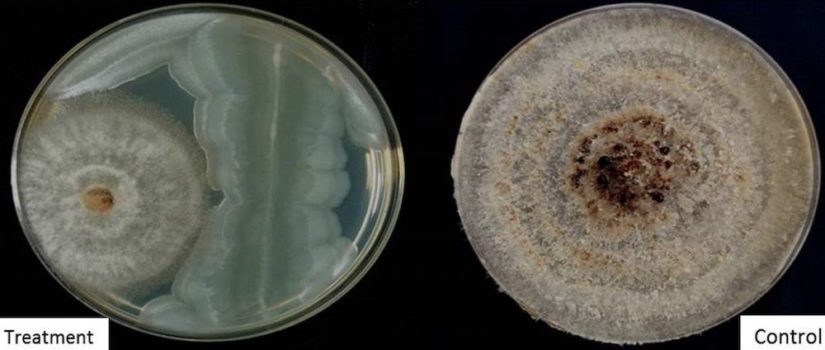
The effective management of plant diseases is of fundamental importance for forestry, food, and other plant-derived product productions, as well as for the sustainability of natural environments. Changing global climate patterns and the trade of planting materials across the borders are causing plant pathogens to rapidly move and evolve. That is plant pathogens, are changing their behavior, survival, reproduction, and mode of action in the host plants.
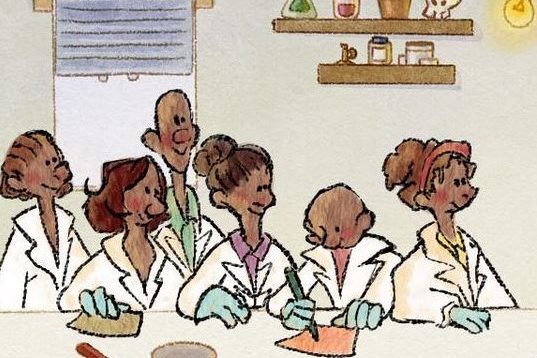
Diseases that devastate African communities are the focus of a brand new short animated film launched by The CONNECTED Virus Network. The network’s focus is bringing together world-class researchers to find ways of tackling crop diseases, caused by plant viruses, which devastate food crops in Sub-Saharan Africa.
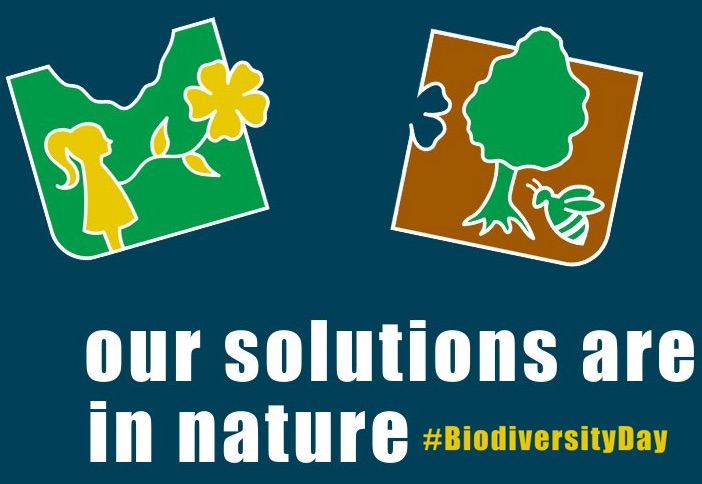
Undoubtedly, our solutions are embedded in nature but we need to find them, and more importantly learn to worship the nature. Raising awareness about respecting the nature’s bounty, conserving all biodiversity that it harborsand utilizing it for sustainable solutions is the key.
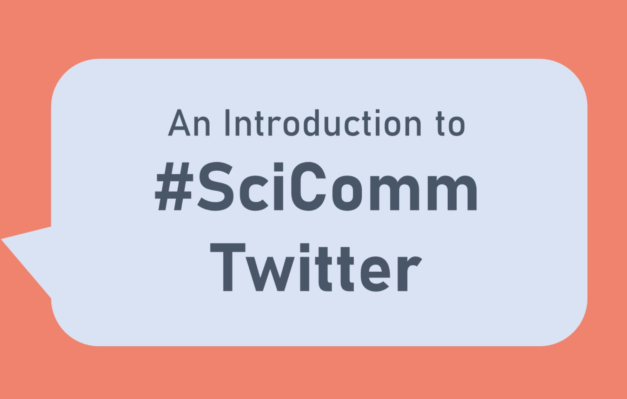
Want to know more about using Twitter for scicomm? PCST member Ki-Youn Kim, Community Development Coordinator at the Chemical Institute of Canada, has created this useful infographic.